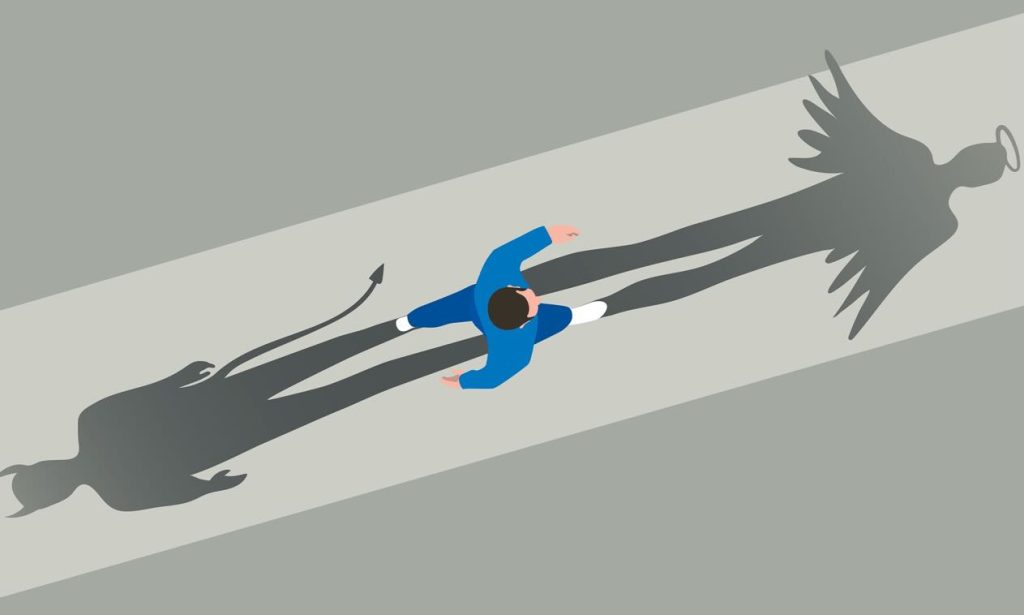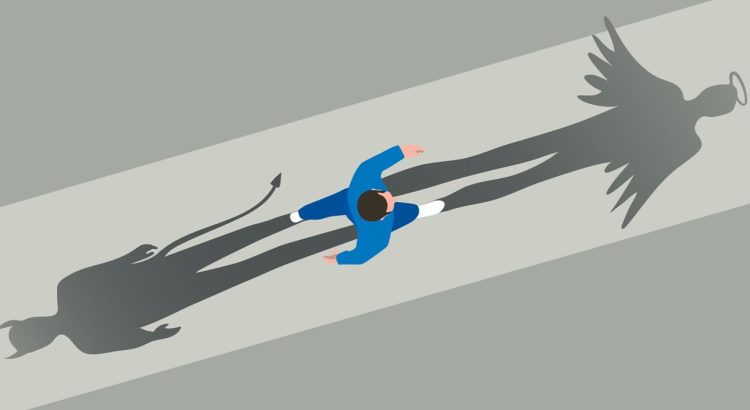
Happy Birthday Covid!
Hannah Arendt is famous for her writings on the banality of evil. Her basic observation is that atrocities such as those seen in World War II were able to happen precisely because ordinary people became — through unconscious obedience and an individual failure to think — wheels in a grotesque machine. “How could that happen?” or “I would never have taken part in this!” are common instincts when reading about such historical events.
And then came 2020. The era of covid. The era of policies and diktats that led to frail octogenarians being isolated for months without visits from loved ones, rapidly declining physically and mentally and dying alone. Children locked away from life, guilted and shamed into believing they are simply vectors of disease that may ‘kill granny’. An idea, we might add, that was concocted and disseminated by ‘expert’ behavioural psychologists. Then we had the mass roll-out of an experimental drug with no long-term safety profile, the results of which will undoubtedly become more horrifying with each new dump of inconvenient data. Data that is given zero attention by mainstream media, knowing as they do that a beleaguered and abused public mostly just want to forget and move on.
Just as Hannah Arendt was insistent that the banality of evil should be documented after World War II, it is important that we do the same now. However strong the desire to look away and turn towards the sunshine of the future, we should forensically examine what has occurred in the last 3 years, and then surely we will experience the only reaction that is appropriate: shock and horror. And then, after the shock and horror subsides, we should set about putting in place mechanisms that stop this from ever happening again.
The question is, how do we do this, when so many patently untrue things are still held as widespread truths, woven into public consciousness? Until there is an admission that the various policies were immoral and wrong (under any circumstances), how can we begin to repair and move on?
Given their pivotal role in promulgating the various lies of the covid era, it is ironic that the BBC published an article by Psychologist Tom Stafford back in 2016 with the following sub-heading:
‘Repetition makes a fact seem more true, regardless of whether it is or not. Understanding this effect can help you avoid falling for propaganda.’
Stafford goes on to say:
‘Part of guarding against the illusion is the obligation it puts on us to stop repeating falsehoods. We live in a world where the facts matter, and should matter. If you repeat things without bothering to check if they are true, you are helping to make a world where lies and truth are easier to confuse. So, please, think before you repeat.’
Well said Tom.
Many covid policies were just wrong. Factually wrong, but more importantly, ethically and morally wrong. Astonishingly, many of these human rights aberrations are still being implemented in care homes and hospitals across the country today, some 3 years later.
Happy Birthday covid! The medical myths you allowed to flourish show absolutely no signs of withering — let alone dying — on the vine, in spite of a growing mass of data showing that almost everything done in the name of public health was at best pointless and at worst, deeply and profoundly harmful.
In many care homes it is still the case that if a resident visits hospital for any reason, they are then committed to 10 days’ solitary confinement once back in their home, with no visitors allowed. Why? We didn’t do this in 2019, so why on earth are we still doing it now? It is cruel and inhumane and any institution or staff member still agreeing to enact this morbid theatre has lost sight of basic humanity. Saying “it’s policy” does not make everything okay.
A web of public health lies have been told so frequently, with dissent so effectively censored, that reality has been permanently distorted. In healthcare settings, basic human rights are no longer considered a necessity. We are a social species and when in hospital, at our most vulnerable, including at the beginning and ends of our lives, we need those we love around us. We need to see the faces of those caring for us to build up a trusting relationship as well as to be able to communicate clearly. We need to know that doctors have at heart the best interests of the individual patient in front of them without entertaining thoughts of the so-called Greater Good. The line has been nudged so many times, that we now exist in a very dangerous new paradigm.
So rather than watching society dissolve into an immoral abyss, where patient-centred care is a dim and distant memory, we must keep pointing out facts and truths, no matter how normal the exact opposite has become.
- Forced social isolation of citizens is always morally and ethically wrong;
- Forced medical procedures are always morally and ethically wrong;
- Psychological manipulation of populations without their consent is morally and ethically wrong;
- Government policies that trample on basic constitutional rights (e.g. the right to work, freedom of movement, free speech) are morally and ethically wrong;
- Government policies designed to increase fear are morally and ethically wrong.
Do not let anyone convince you that these basic principles are debatable. They are not. If we allow a ‘new normal’ to take hold, future generations will not know what it means to really be free.
A good rule of thumb is, would I have done this in 2019? If the answer is no, perhaps stop doing it.

